Proper pool maintenance is of utmost importance when it comes to owning a swimming pool, and the pool filter plays a vital role as the heart of your pool system. This crucial piece of equipment works behind the scenes, ensuring that your pool water remains sparkling clean, crystal clear, and safe for swimming. However, like any other mechanical component, the pool filter is not immune to wear and tear. So, how do you know when it's time to bid farewell to your pool filter? Let's explore some telltale signs that indicate the need for a replacement.
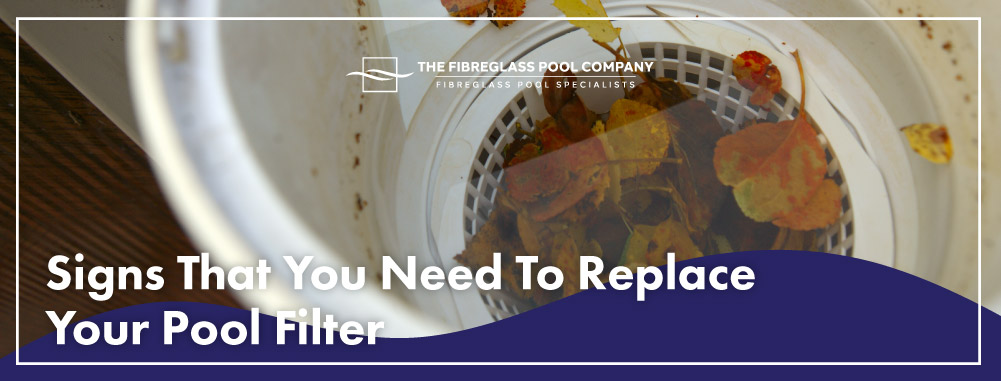
What Are The Signs?
Decreased Water Flow
The first sign of a failing pool filter is decreased water flow. When the filter becomes clogged or damaged, it struggles to circulate water properly, resulting in low water pressure and compromised filtration. This can lead to the accumulation of debris and contaminants in your pool, negatively impacting water quality. Over time, the build-up of debris can create an environment conducive to the growth of algae and bacteria, further deteriorating the water condition. If you notice that your pool’s jets are weaker than usual or that your water appears cloudy, it could be a clear indication that your filter needs immediate attention and possibly replacement.
Taking action to address these issues is crucial to maintaining a clean and healthy swimming pool for you and your family to enjoy throughout the summer season.
Dirty, Cloudy Pool Water
A properly functioning pool filter plays a crucial role in maintaining the cleanliness of your pool. It efficiently eliminates dirt, debris, and other impurities, ensuring crystal-clear water for your enjoyment. However, if you notice that your pool water remains persistently cloudy or dirty, despite your diligent cleaning efforts and chemical maintenance, it could be an indication of a failing filter.
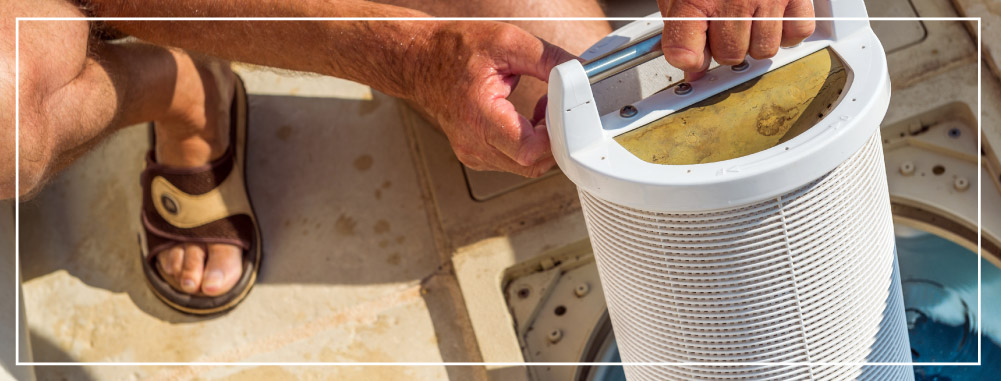
Frequent Backwashing
Backwashing is a crucial and indispensable process in pool maintenance. It involves reversing the water flow through the filter to cleanse it thoroughly, removing debris and contaminants that accumulate over time.
If you observe a noticeable increase in the frequency of backwashing, it could be a strong indication that your filter is encountering difficulties in efficiently carrying out its essential task. This can have a direct impact on the overall cleanliness and hygiene of your swimming pool.
To ensure optimal performance and maintain the pristine condition of your pool, it might be necessary to consider a replacement for your filter. By doing so, you can guarantee that your pool remains crystal clear and inviting for all swimmers to enjoy.
On average, the lifespan of a pool filter ranges from 5 to 10 years
Increased Energy Bills
A malfunctioning filter can have a significant impact on your pool’s energy consumption. When the filter fails to function optimally, it places additional strain on the pool pump, causing it to work harder and consume more energy. This can result in an unexpected increase in your energy bills, potentially leaving you puzzled about the cause. Therefore, it is crucial to regularly monitor and maintain your pool filter to ensure its proper functioning and avoid unnecessary energy wastage.
Noticeable Damage
When it comes to maintaining your pool, it’s important to visually inspect your pool filter regularly for any signs of physical damage. Take your time to carefully examine the filter for cracks, excessive wear and tear, or any signs of leakage. These clear indicators are a tell-tale sign that your filter needs to be replaced in order to ensure optimal performance and maintain the cleanliness of your pool water.
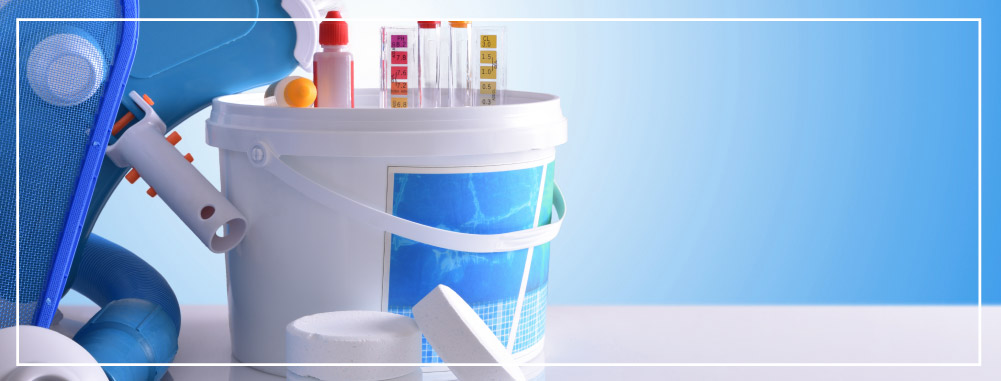
Age of the Filter
Pool filters, although crucial for clean and safe pool water, do not last forever. On average, the lifespan of a pool filter ranges from 5 to 10 years, depending on factors such as the type of filter used and the level of maintenance it receives. Regular maintenance, such as cleaning and replacing filter media, can help extend its lifespan.
If you find that your pool filter is approaching or has exceeded its expected life expectancy, it’s time to consider replacing it. Continuing to use an old and worn-out filter can result in reduced filtration efficiency, leading to poor water quality and potential damage to the pool equipment.
By proactively replacing your pool filter when needed, you not only ensure clearer and safer pool water but also save yourself from future costly repairs. Remember, prevention is key to maintaining a healthy swimming environment for you and your loved ones.
Fibreglass Pool Filters
Fibreglass pool filters are an excellent choice for maintaining the cleanliness and clarity of your pool water. These filters are durable, robust, and resistant to corrosion, which makes them an ideal choice for handling the harsh pool environment and chemicals. Unlike other filter materials, fibreglass does not corrode or degrade over time, ensuring longevity and consistent performance.
The fibreglass filters utilise a filtration media, often sand or glass, to trap and remove impurities from the pool water. The water enters the filter and circulates through the media, trapping dirt, debris, and other contaminants. The clean water is then returned to the pool, ensuring a clean and pleasant swimming environment.
Their easy maintenance is another advantage of fibreglass filters. Regular backwashing is typically all that’s required to keep them in optimal condition. However, similar to any other types of pool filters, they also have a lifespan and will need to be replaced when signs of wear and tear or decreased performance become evident.
In conclusion, fibreglass pool filters are a reliable, durable, and efficient choice for keeping your pool water clean, clear, and inviting. Remember, the key to maintaining the effectiveness of your filter, irrespective of its type, lies in regular maintenance and timely replacement.
At The Fibreglass Pool Company, we’re committed to providing high-quality, durable, and efficient fibreglass pools that you can rely on. Our expert team is always on hand to help you choose the right product for your needs. Contact us today and let us assist you in making your pool cleaner, safer, and more enjoyable.
Ready to make the switch to fibreglass?
Proper pool maintenance is of utmost importance when it comes to owning a swimming pool, and the pool filter plays a vital role as the heart of your pool system. This crucial piece of equipment works behind the scenes, ensuring that your pool water remains sparkling clean, crystal clear, and safe for swimming. However, like any other mechanical component, the pool filter is not immune to wear and tear. So, how do you know when it's time to bid farewell to your pool filter? Let's explore some telltale signs that indicate the need for a replacement.
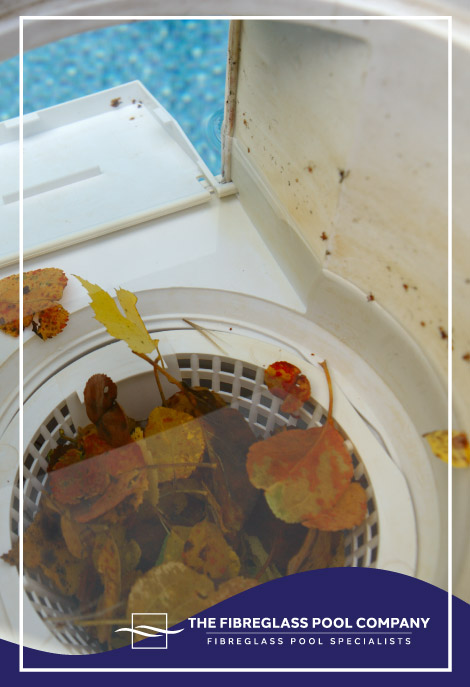
What Are The Signs?
Decreased Water Flow
The first sign of a failing pool filter is decreased water flow. When the filter becomes clogged or damaged, it struggles to circulate water properly, resulting in low water pressure and compromised filtration. This can lead to the accumulation of debris and contaminants in your pool, negatively impacting water quality. Over time, the build-up of debris can create an environment conducive to the growth of algae and bacteria, further deteriorating the water condition. If you notice that your pool’s jets are weaker than usual or that your water appears cloudy, it could be a clear indication that your filter needs immediate attention and possibly replacement.
Taking action to address these issues is crucial to maintaining a clean and healthy swimming pool for you and your family to enjoy throughout the summer season.
Dirty, Cloudy Pool Water
A properly functioning pool filter plays a crucial role in maintaining the cleanliness of your pool. It efficiently eliminates dirt, debris, and other impurities, ensuring crystal-clear water for your enjoyment. However, if you notice that your pool water remains persistently cloudy or dirty, despite your diligent cleaning efforts and chemical maintenance, it could be an indication of a failing filter.
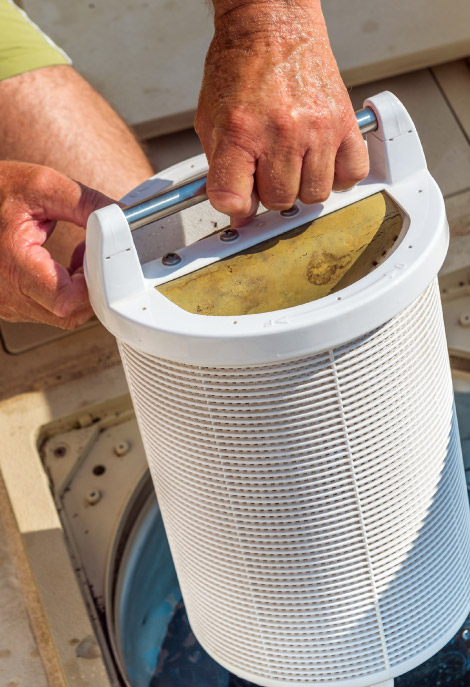
Frequent Backwashing
Backwashing is a crucial and indispensable process in pool maintenance. It involves reversing the water flow through the filter to cleanse it thoroughly, removing debris and contaminants that accumulate over time.
If you observe a noticeable increase in the frequency of backwashing, it could be a strong indication that your filter is encountering difficulties in efficiently carrying out its essential task. This can have a direct impact on the overall cleanliness and hygiene of your swimming pool.
To ensure optimal performance and maintain the pristine condition of your pool, it might be necessary to consider a replacement for your filter. By doing so, you can guarantee that your pool remains crystal clear and inviting for all swimmers to enjoy.
On average, the lifespan of a pool filter ranges from 5 to 10 years
Increased Energy Bills
A malfunctioning filter can have a significant impact on your pool’s energy consumption. When the filter fails to function optimally, it places additional strain on the pool pump, causing it to work harder and consume more energy. This can result in an unexpected increase in your energy bills, potentially leaving you puzzled about the cause. Therefore, it is crucial to regularly monitor and maintain your pool filter to ensure its proper functioning and avoid unnecessary energy wastage.
Noticeable Damage
When it comes to maintaining your pool, it’s important to visually inspect your pool filter regularly for any signs of physical damage. Take your time to carefully examine the filter for cracks, excessive wear and tear, or any signs of leakage. These clear indicators are a tell-tale sign that your filter needs to be replaced in order to ensure optimal performance and maintain the cleanliness of your pool water.
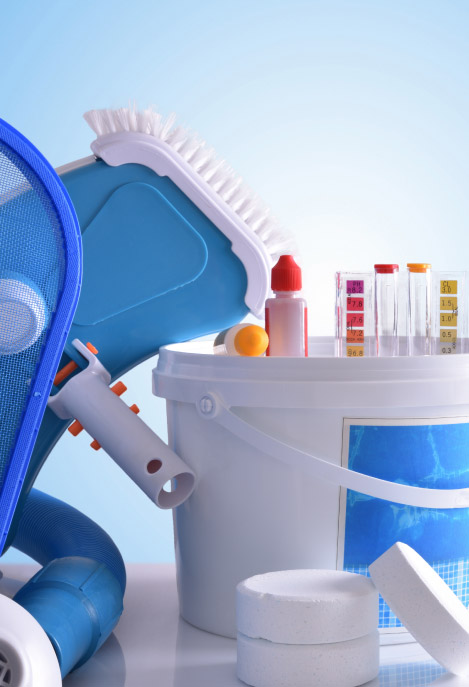
Age of the Filter
Pool filters, although crucial for clean and safe pool water, do not last forever. On average, the lifespan of a pool filter ranges from 5 to 10 years, depending on factors such as the type of filter used and the level of maintenance it receives. Regular maintenance, such as cleaning and replacing filter media, can help extend its lifespan.
If you find that your pool filter is approaching or has exceeded its expected life expectancy, it’s time to consider replacing it. Continuing to use an old and worn-out filter can result in reduced filtration efficiency, leading to poor water quality and potential damage to the pool equipment.
By proactively replacing your pool filter when needed, you not only ensure clearer and safer pool water but also save yourself from future costly repairs. Remember, prevention is key to maintaining a healthy swimming environment for you and your loved ones.
Fibreglass Pool Filters
Fibreglass pool filters are an excellent choice for maintaining the cleanliness and clarity of your pool water. These filters are durable, robust, and resistant to corrosion, which makes them an ideal choice for handling the harsh pool environment and chemicals. Unlike other filter materials, fibreglass does not corrode or degrade over time, ensuring longevity and consistent performance.
The fibreglass filters utilise a filtration media, often sand or glass, to trap and remove impurities from the pool water. The water enters the filter and circulates through the media, trapping dirt, debris, and other contaminants. The clean water is then returned to the pool, ensuring a clean and pleasant swimming environment.
Their easy maintenance is another advantage of fibreglass filters. Regular backwashing is typically all that’s required to keep them in optimal condition. However, similar to any other types of pool filters, they also have a lifespan and will need to be replaced when signs of wear and tear or decreased performance become evident.
In conclusion, fibreglass pool filters are a reliable, durable, and efficient choice for keeping your pool water clean, clear, and inviting. Remember, the key to maintaining the effectiveness of your filter, irrespective of its type, lies in regular maintenance and timely replacement.
At The Fibreglass Pool Company, we’re committed to providing high-quality, durable, and efficient fibreglass pools that you can rely on. Our expert team is always on hand to help you choose the right product for your needs. Contact us today and let us assist you in making your pool cleaner, safer, and more enjoyable.
Ready to make the switch to fibreglass?


